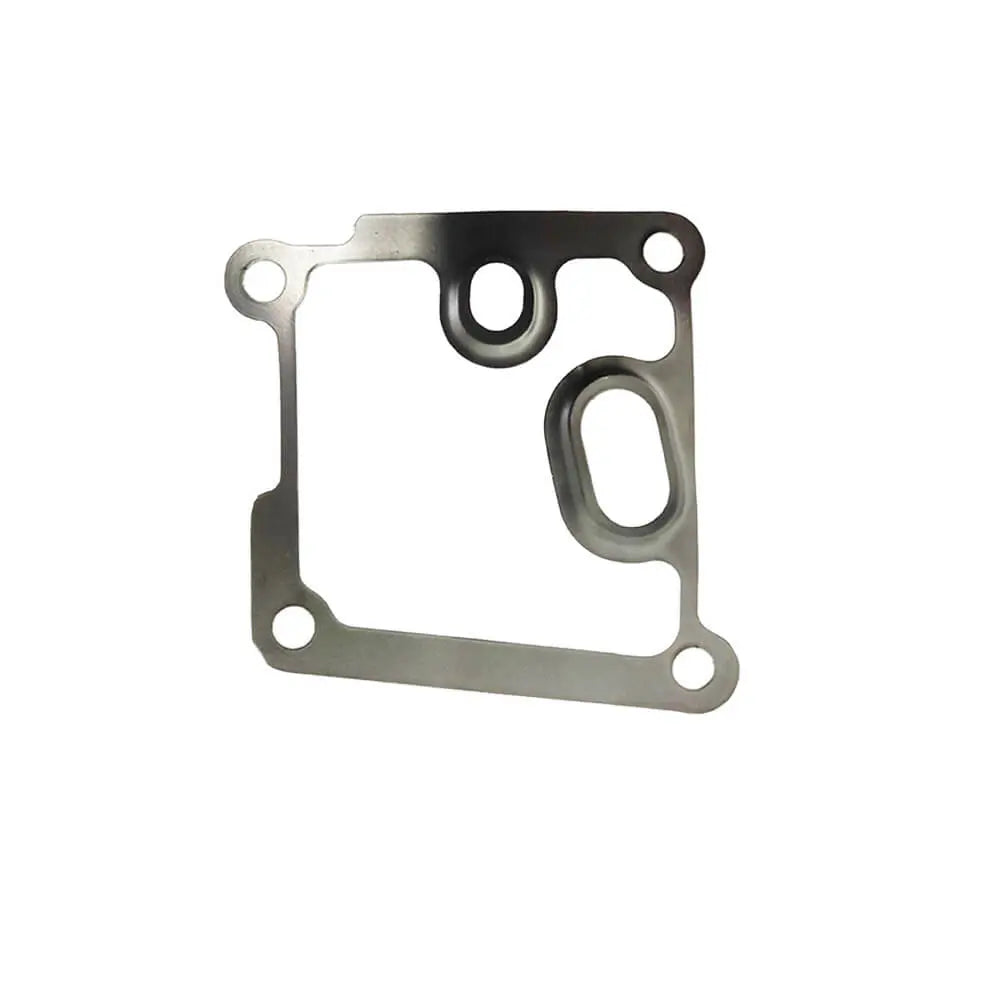Oil Cooler Gasket
30 products
Showing 1 - 24 of 30 products
Understanding the Importance of Oil Cooler Gaskets in Your Car's Engine
Your car's engine operates under extreme conditions, generating a significant amount of heat during its operation. To keep the engine's temperature within optimal levels, a cooling system is employed, consisting of various components such as the radiator, water pump, and the oil cooler. The oil cooler plays a crucial role in maintaining proper engine temperature, and a vital component of the oil cooler system is the oil cooler gasket. In this article, we will explore the significance of oil cooler gaskets, their functions, and the importance of regular maintenance to ensure the longevity of your car's engine.What is an Oil Cooler Gasket?
An oil cooler gasket is a small, but essential, component located between the oil cooler and the engine block. Its primary function is to create a secure seal between these two components, preventing any leakage of oil or coolant. This gasket is typically made of rubber or a combination of rubber and metal, designed to withstand the high temperatures and pressure found in the engine's cooling system.Functions of Oil Cooler Gaskets:
a. Preventing Oil and Coolant Leaks: One of the key functions of an oil cooler gasket is to create a reliable seal between the oil cooler and the engine block. By preventing oil and coolant leaks, the gasket ensures that the engine receives a consistent supply of lubrication and cooling fluids. Any leakage can result in a loss of oil or coolant, leading to engine overheating, reduced lubrication, and potential damage to vital engine components.b. Maintaining Optimal Engine Temperature: The oil cooler gasket helps in maintaining the proper temperature of the engine by facilitating the flow of coolant and oil between the engine block and the oil cooler. This ensures that the engine operates within its ideal temperature range, preventing overheating and minimizing wear and tear on internal engine parts.
Importance of Regular Maintenance:
a. Inspecting for Signs of Wear: Over time, oil cooler gaskets may deteriorate due to exposure to high temperatures and engine vibrations. It is important to regularly inspect the gasket for any signs of wear, such as cracks, tears, or brittleness. If any damage is detected, the gasket should be replaced promptly to avoid potential leaks.b. Using Quality Replacement Gaskets: When replacing an oil cooler gasket, it is crucial to use high-quality gaskets that are specifically designed for your car's make and model. Using genuine or OEM (Original Equipment Manufacturer) gaskets ensures a proper fit and reliable seal, reducing the risk of leaks and potential engine damage.
c. Regular Cooling System Maintenance: Along with maintaining the oil cooler gasket, it is important to follow the recommended maintenance schedule for your car's cooling system. This includes flushing and replacing coolant at the recommended intervals, inspecting hoses and clamps, and checking for any signs of coolant leaks.
Oil cooler gaskets may seem like small components, but they play a vital role in keeping your car's engine running smoothly and efficiently. By preventing oil and coolant leaks, they contribute to maintaining optimal engine temperature, reducing the risk of overheating and engine damage. Regular inspection and maintenance of oil cooler gaskets, along with the entire cooling system, will help ensure the longevity and reliability of your car's engine. Remember to consult your vehicle's manual or seek professional assistance for specific maintenance requirements and recommendations.
Showing 1 - 24 of 30 products
Display
View
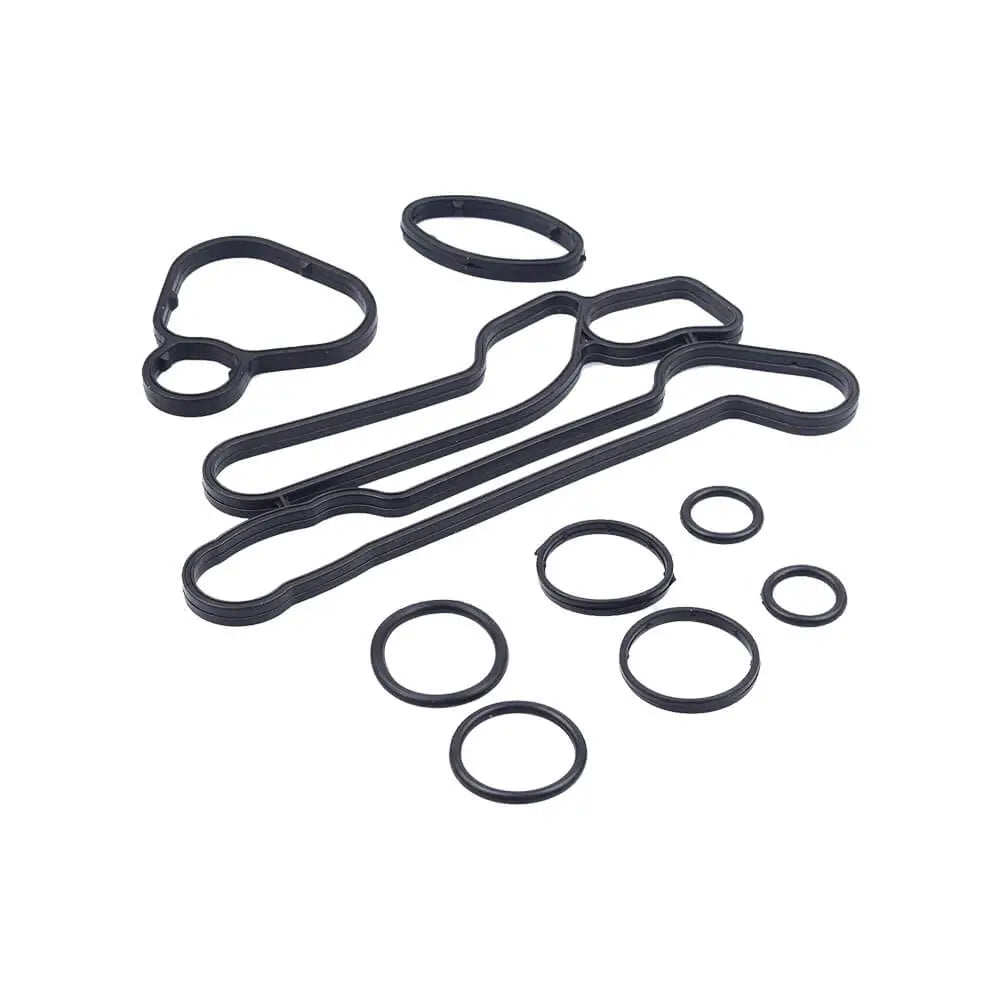
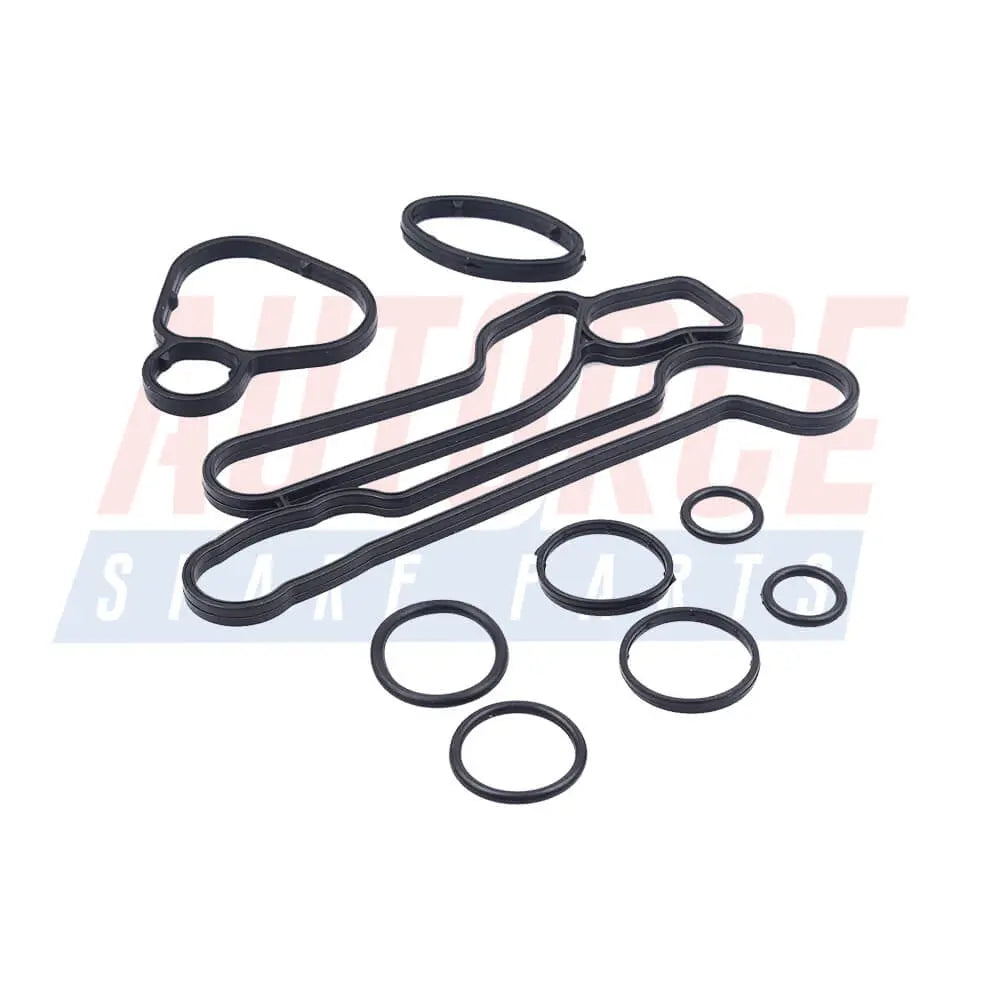
Oil Cooler Gaskets Set For Vauxhall Astra Corsa Insignia Meriva Mokka Signum Vectra Zafira - 55355603
In stock, 49 units
Sale price£12.90
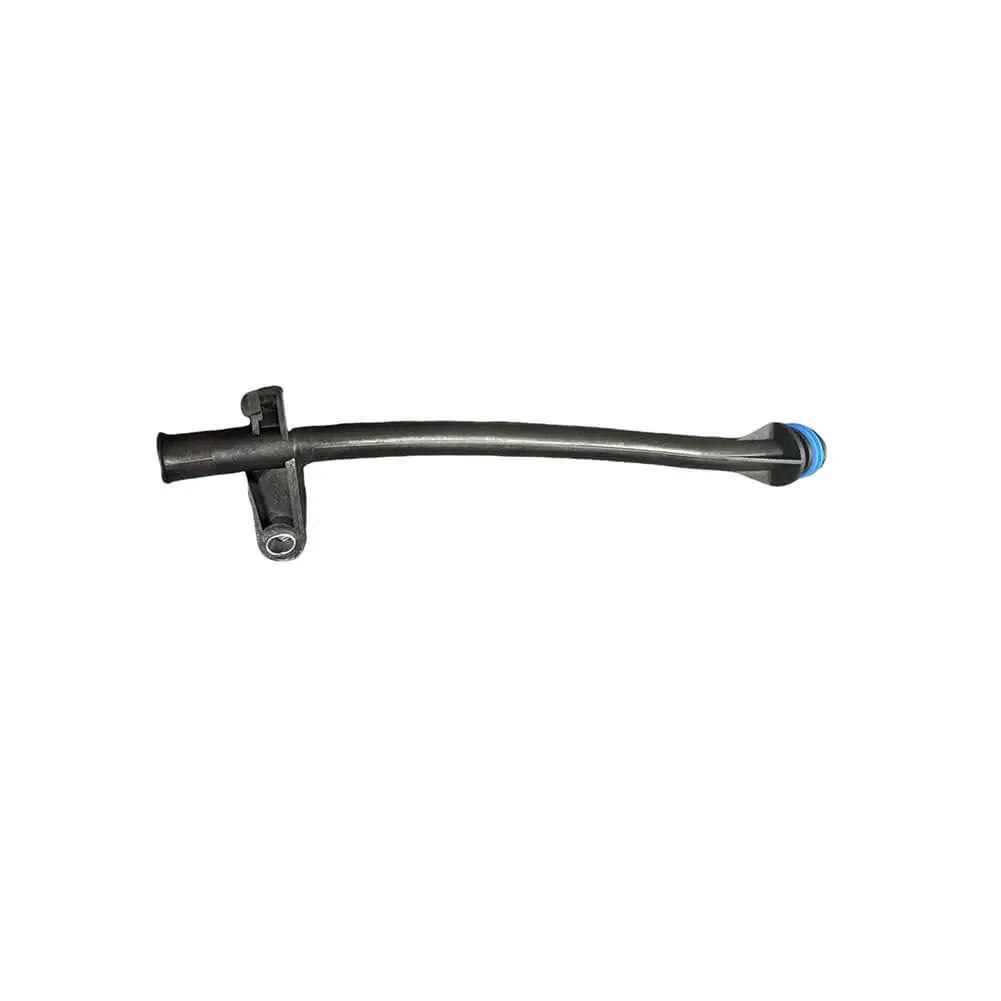
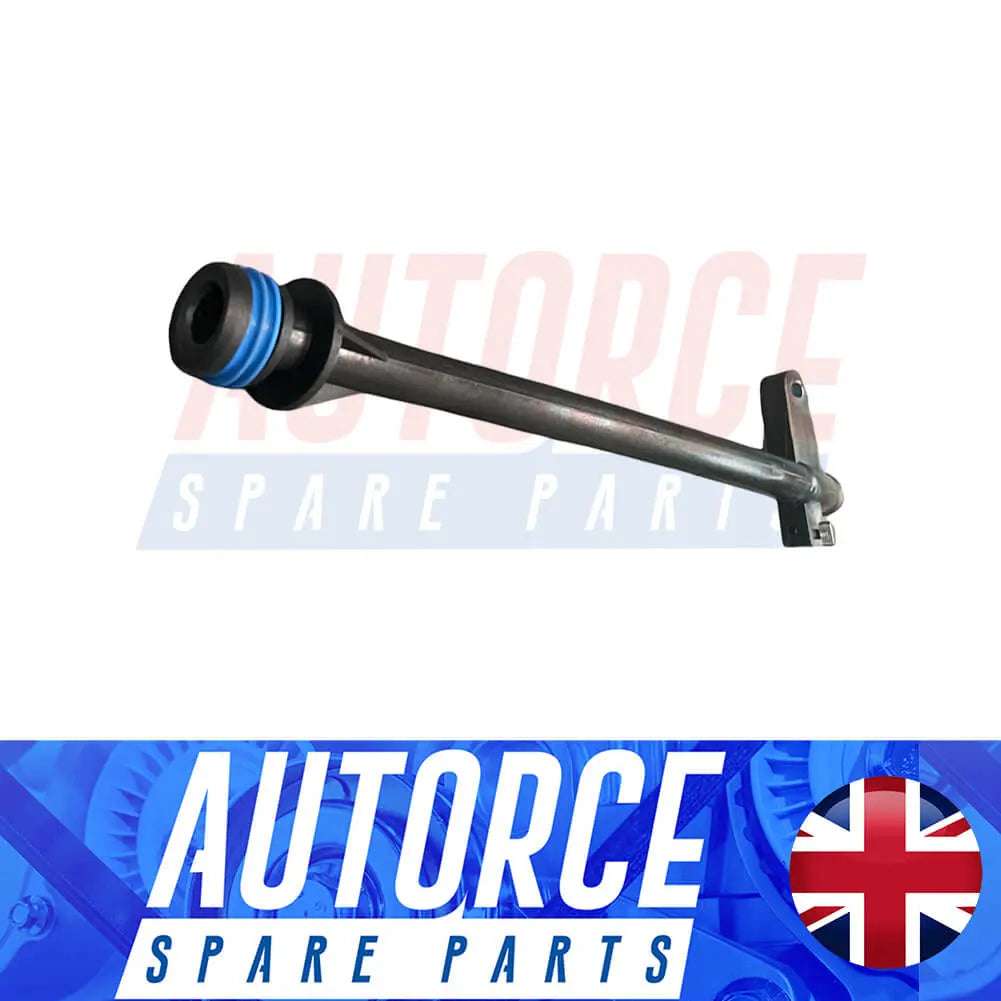
Oil Level Rod Pipe For Ford Fiesta Focus Tourneo Transit Connect - YS6Q6K815AC
Only 5 units left
Sale price£11.40
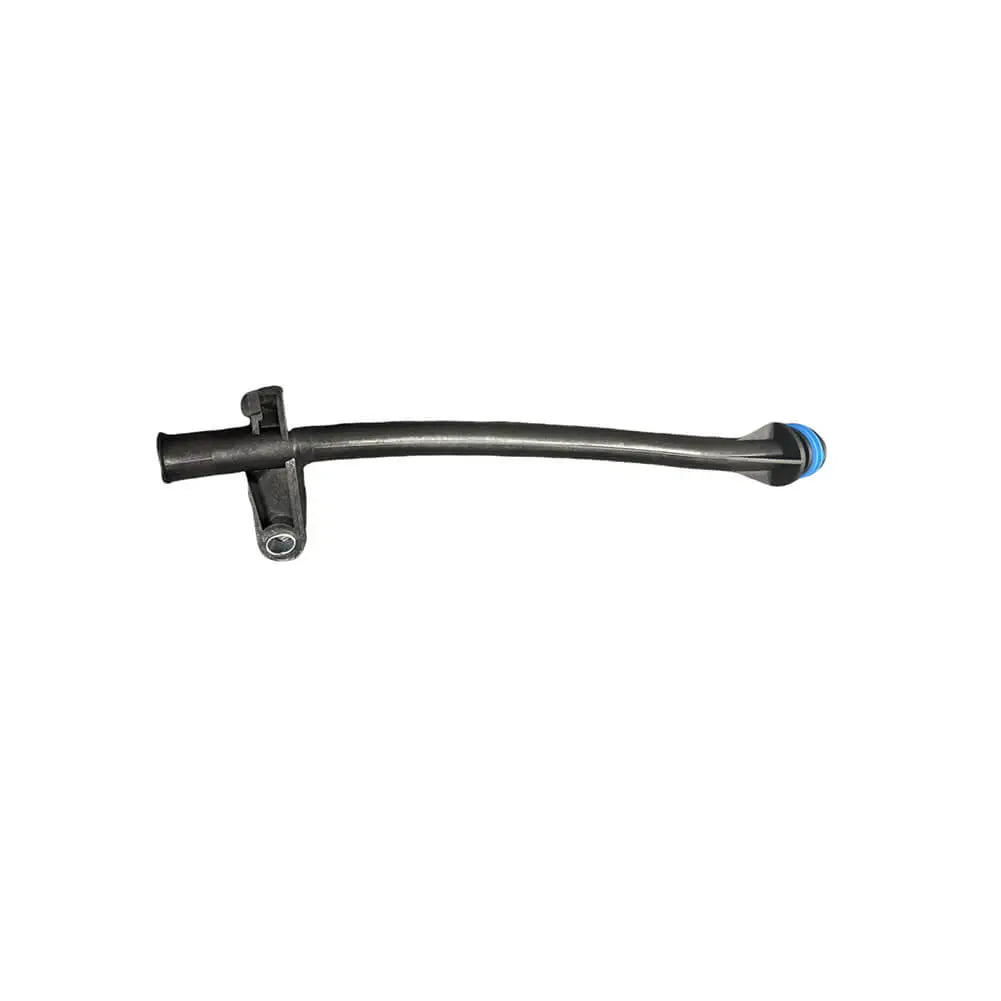
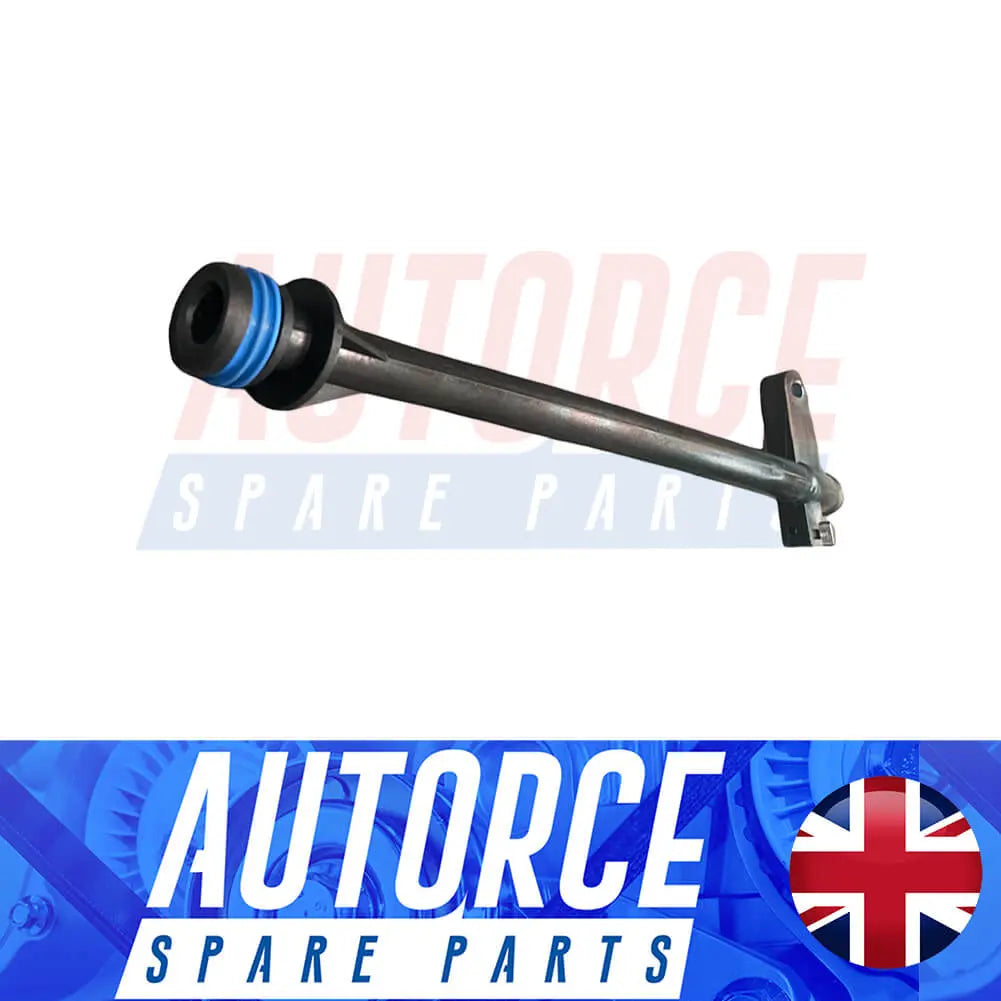
Oil Level Rod Pipe For Ford Tourneo/Transit Connect 1.8 TDCi - 7T1Q6K815AA
Only 1 unit left
Sale price£10.40


Oil Filter Cooler Mounting Bracket For VW Transporter LT Crafter T4 2.4 2.5 TDI - 074115405R
Sold out
Sale price£56.90
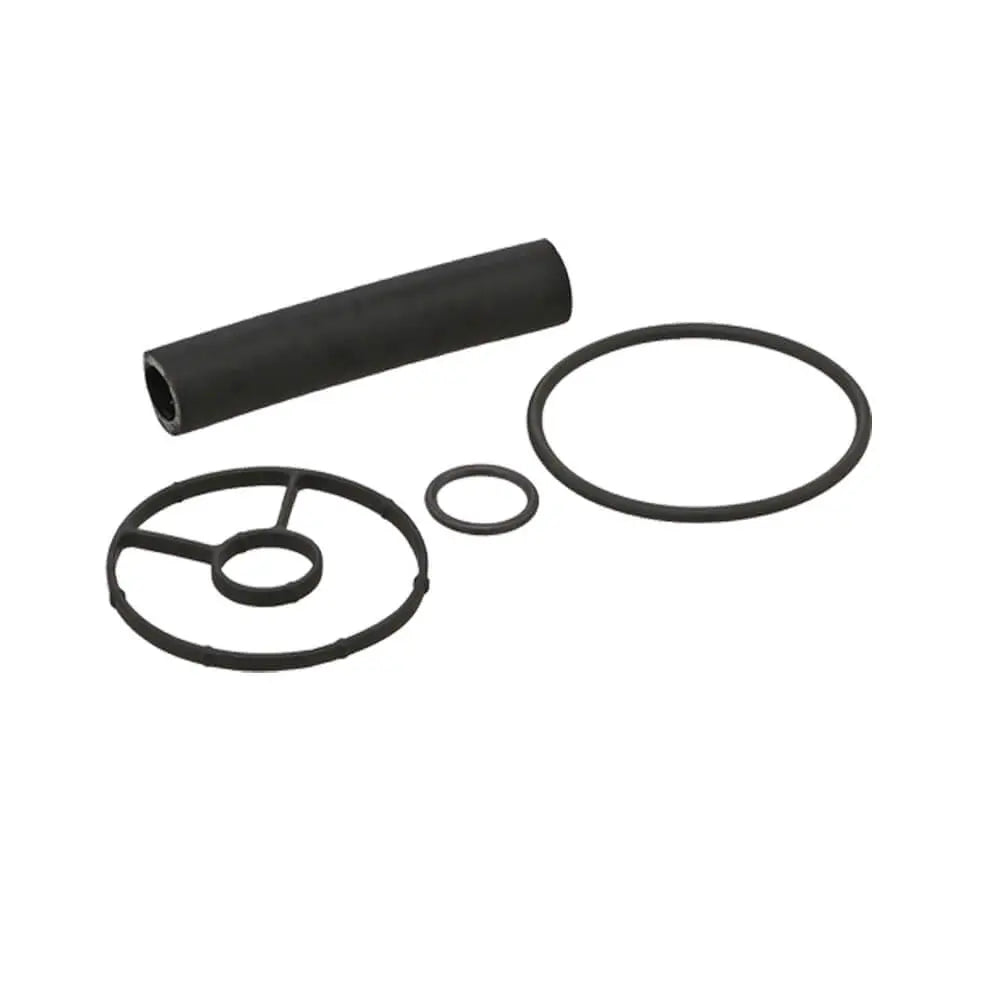
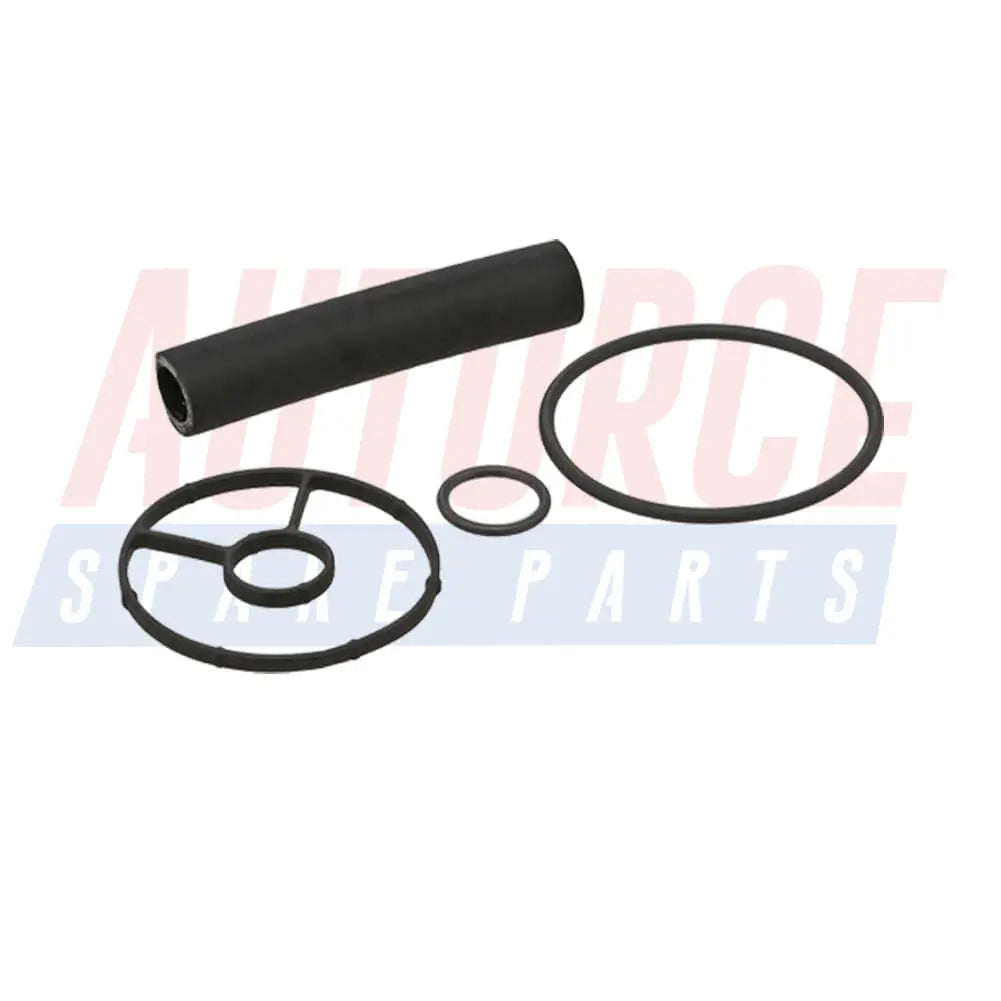
Oil Cooler Gasket Seal Set For Ford Galaxy S-Max Mondeo Kuga C-Max Grand Focus 2.0 TDCi - 1103.L4, 3M5Q6A646AA, 1303478
In stock, 50 units
Sale price£17.90
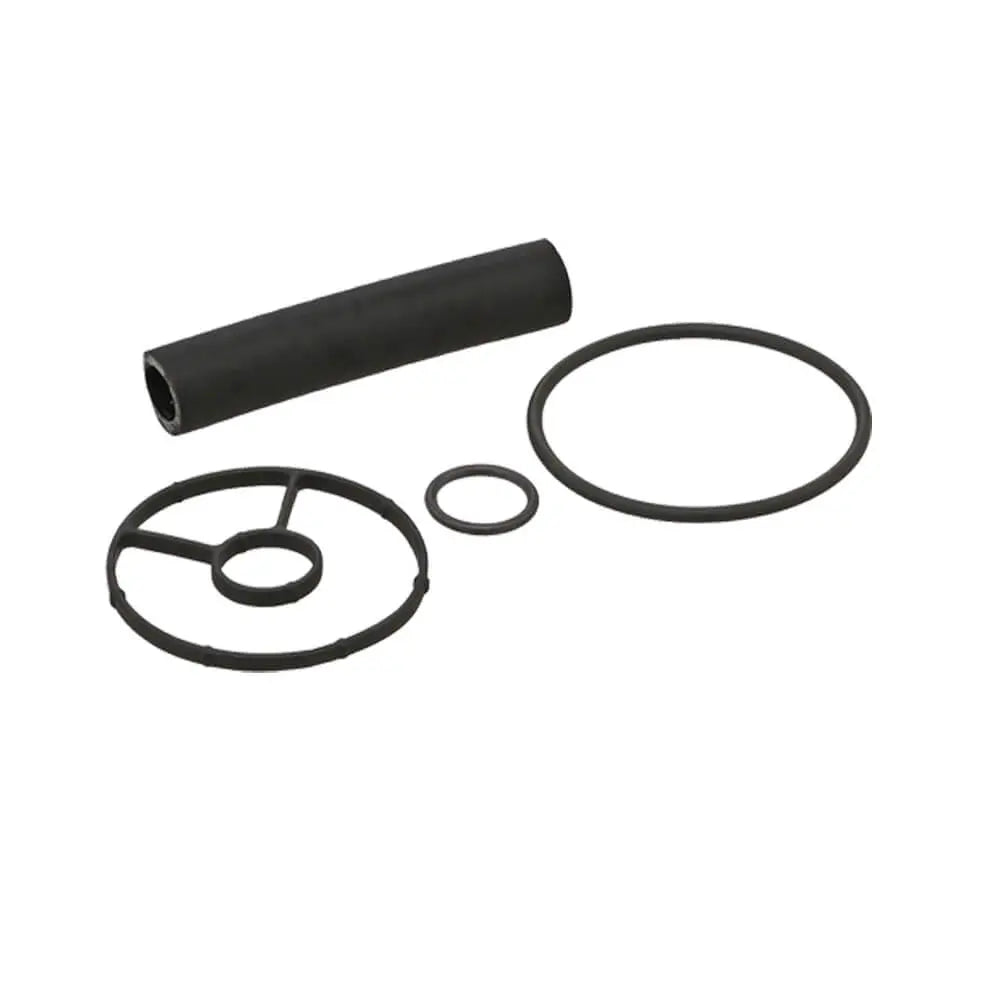
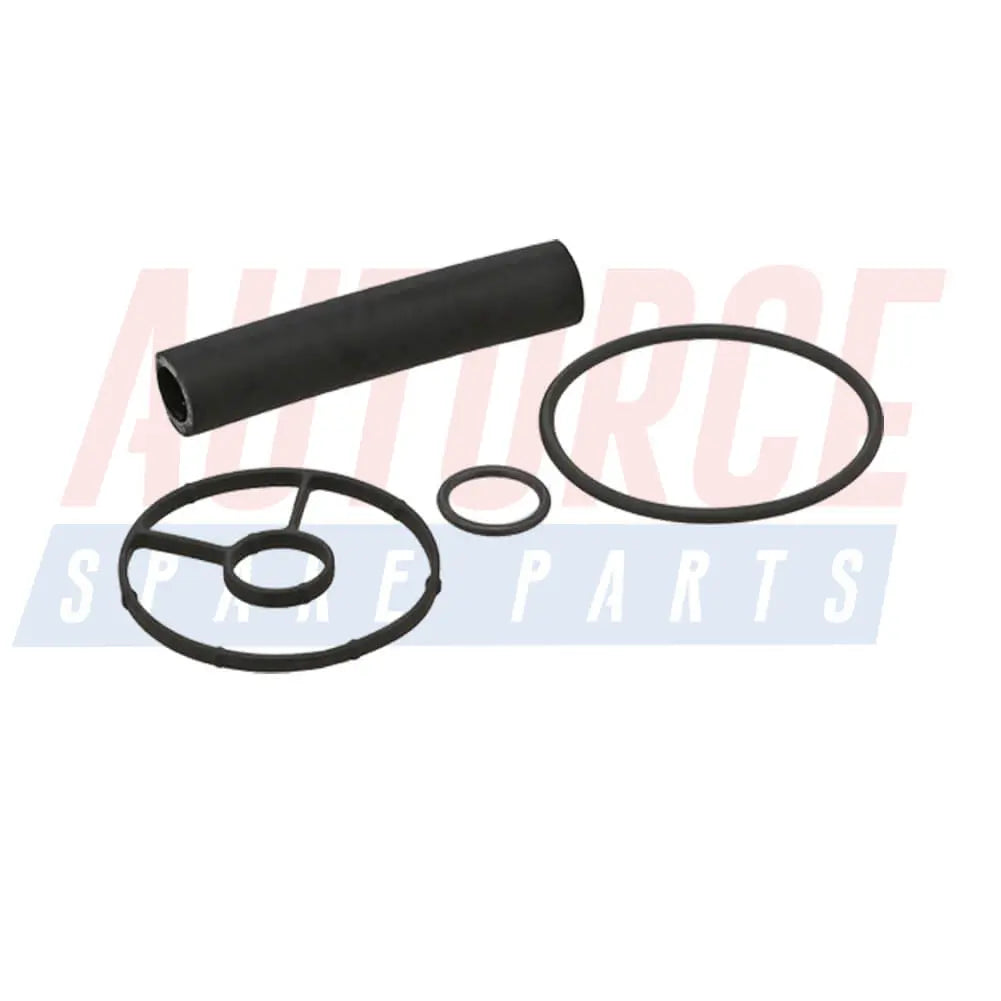
Oil Cooler Gasket Seal Set For Peugeot 3008 307 308 407 5008 508 607 807 Expert RCZ - 3M5Q6A646AA, 1303478
In stock, 50 units
Sale price£17.90
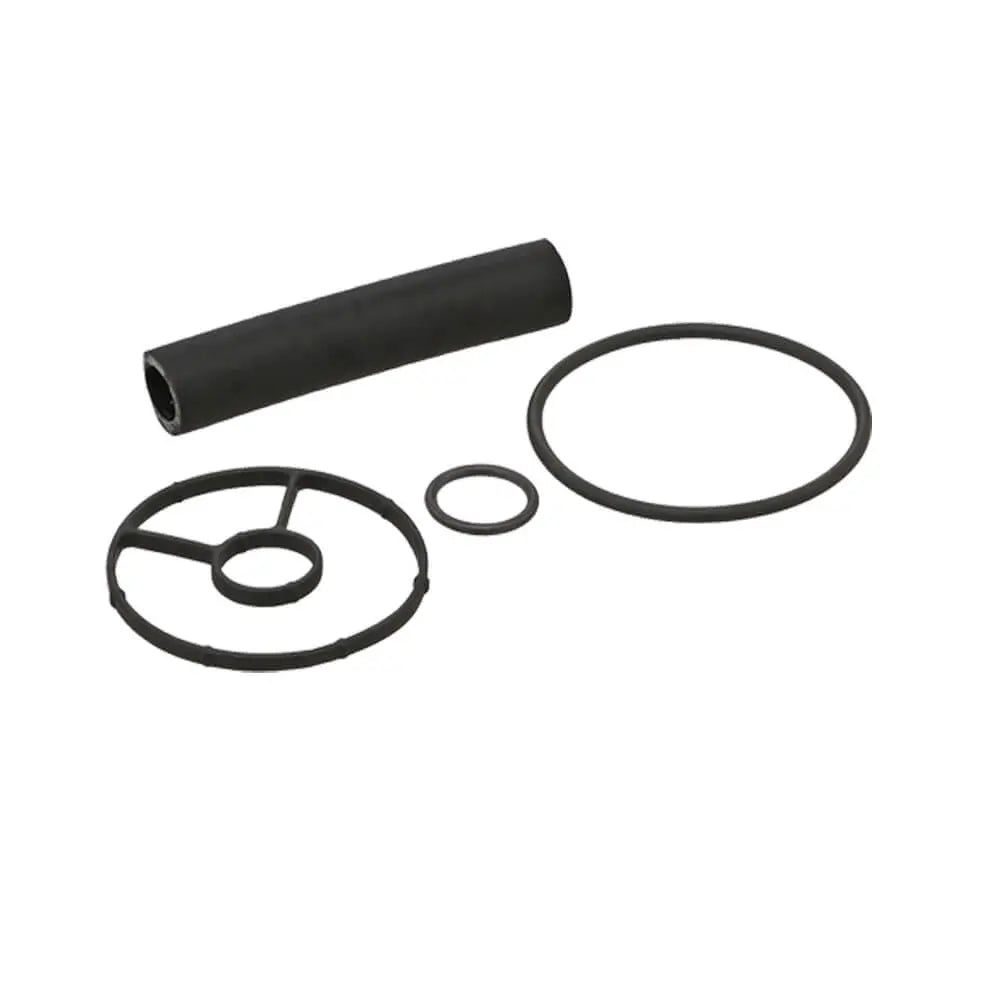
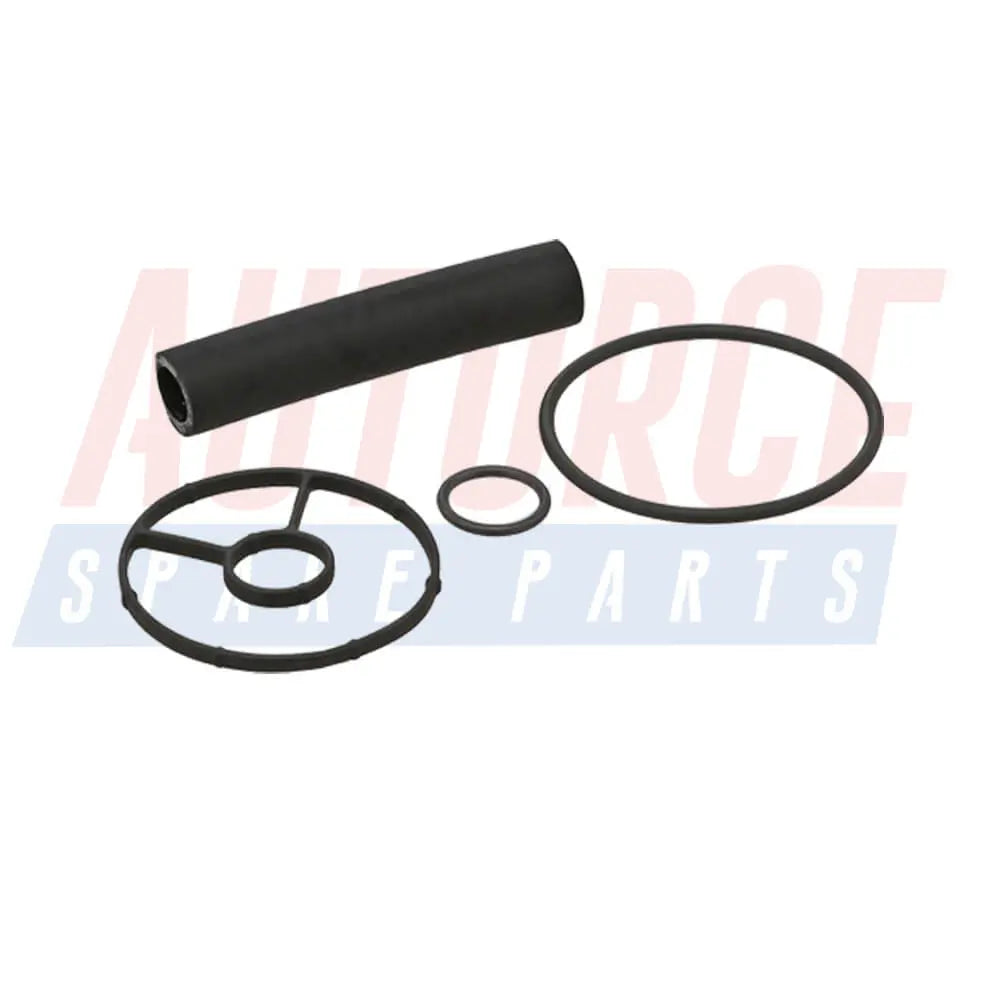
Oil Cooler Gasket Seal Set For Fiat Ulysse Scudo 2.0 D Multijet - 1103.L4, 3M5Q6A646AA, 1303478
In stock, 50 units
Sale price£17.90
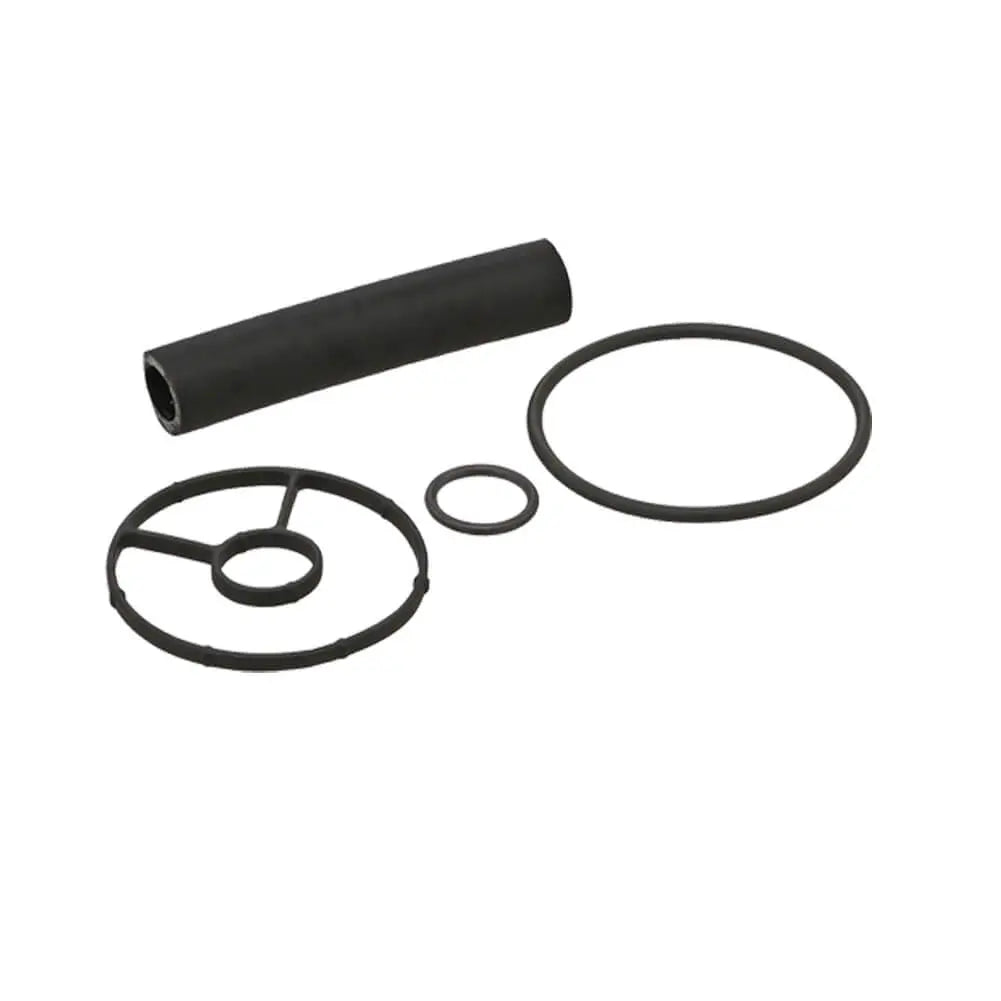
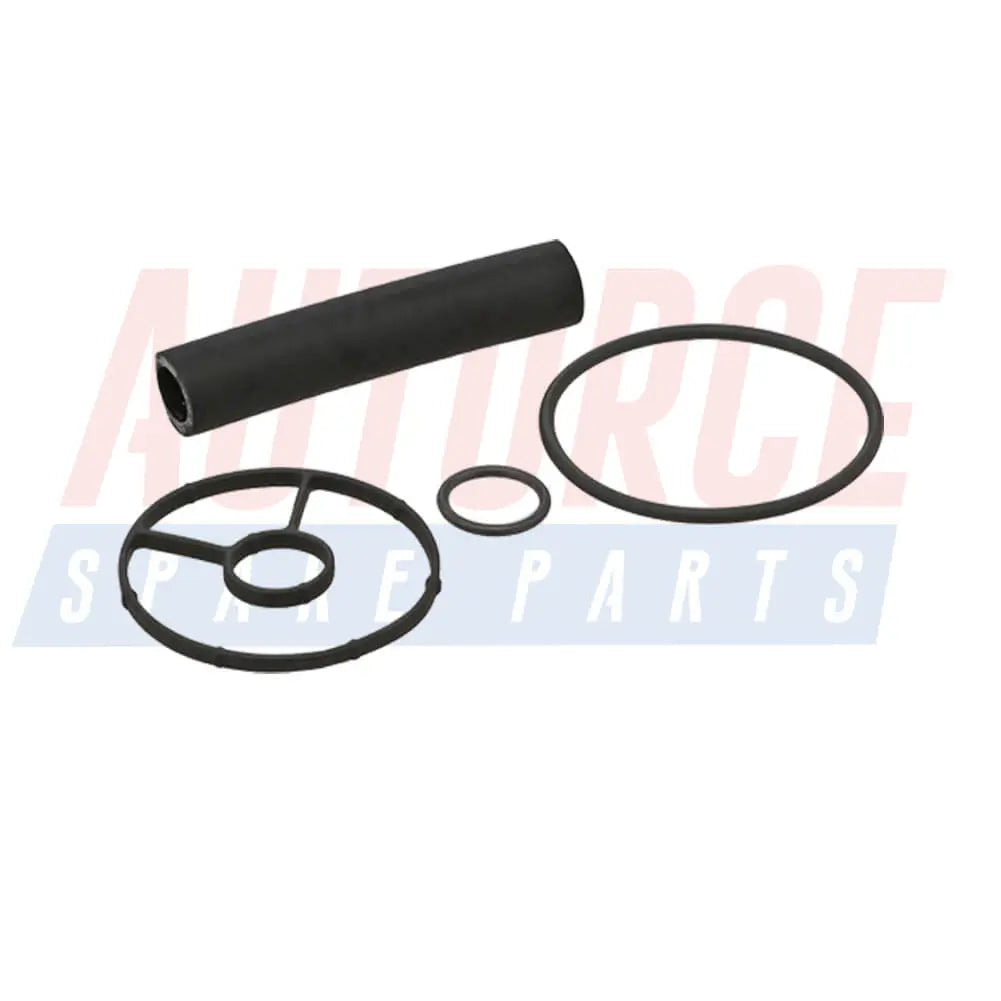
Oil Cooler Gasket Seal Set For Citroen DS4 DS5 C4 C5 C8 Dispatch 2.0 HDi (2004 - Onwards) 1103.L4, 3M5Q6A646AA, 1303478
In stock, 50 units
Sale price£17.90


Oil Cooler Gasket O-Ring Set For Peugeot Bipper Expert Partner Rifter 308 407 408 508 4008 5008 - 2S6Q6A728AA
In stock, 50 units
Sale price£12.90
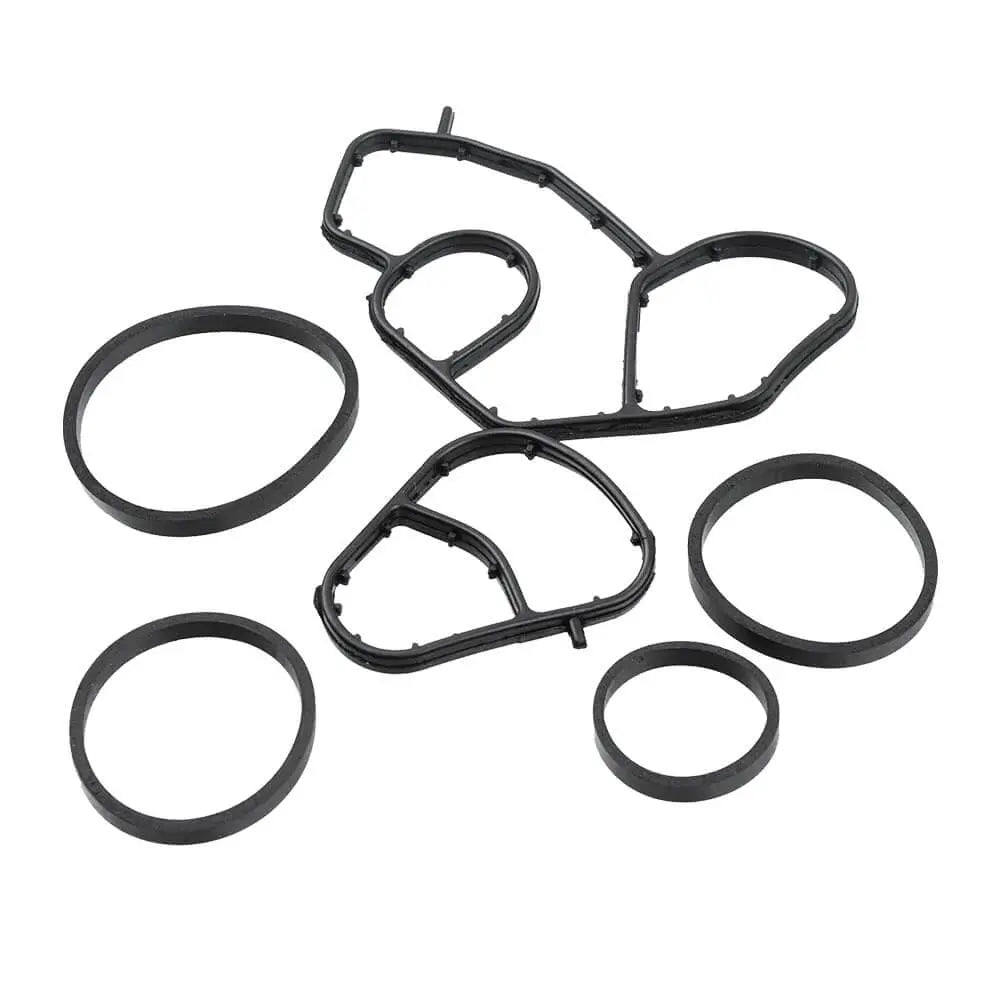

Oil Cooler Gasket O-Ring Set For Peugeot 1007 107 2008 206 CC 206 206+ 207 CC 207 208 3008 301 307 - 1103.S0, 1104.36
In stock, 50 units
Sale price£12.90


Oil Cooler Gasket O-Ring Set For Ford Fusion Galaxy Grand C-Max KA+ Kuga Mondeo Tourneo - 2S6Q6A728AA, 1103.K1
In stock, 50 units
Sale price£12.90


Oil Cooler Gasket O-Ring Set For Ford B-Max C-Max Fiesta Focus - 2S6Q6A728AA, 1103.K1
In stock, 50 units
Sale price£12.90


Oil Cooler Gasket O-Ring Set For Citroen Berlingo C- Series Dispatch DS3 DS4 DS5 Nemo Spacetourer Xsara - 1103K1
In stock, 50 units
Sale price£12.90


Oil Cooler Gasket O-Ring Set For Mini R55 R56 For Mitsubishi ASX For Suzuki SX4 For Toyota Aygo Proace - 2S6Q6A728AA
In stock, 50 units
Sale price£12.90
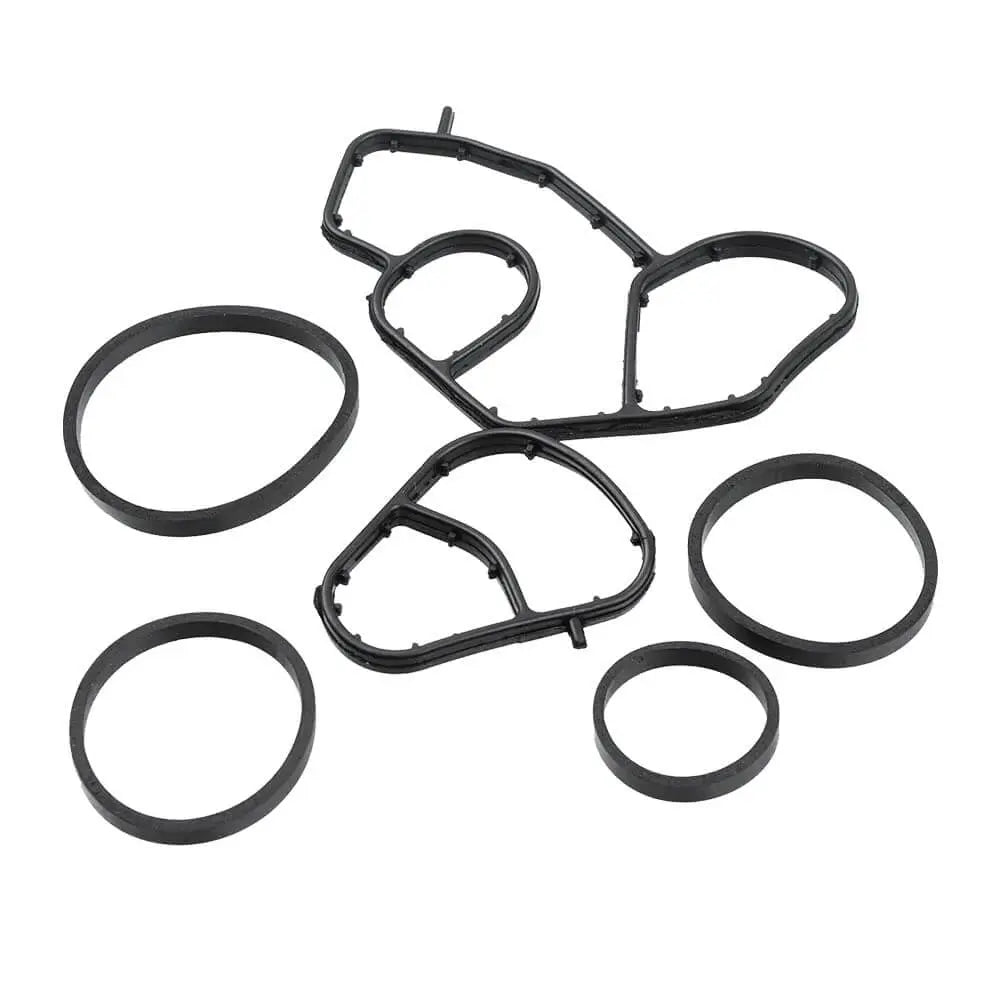
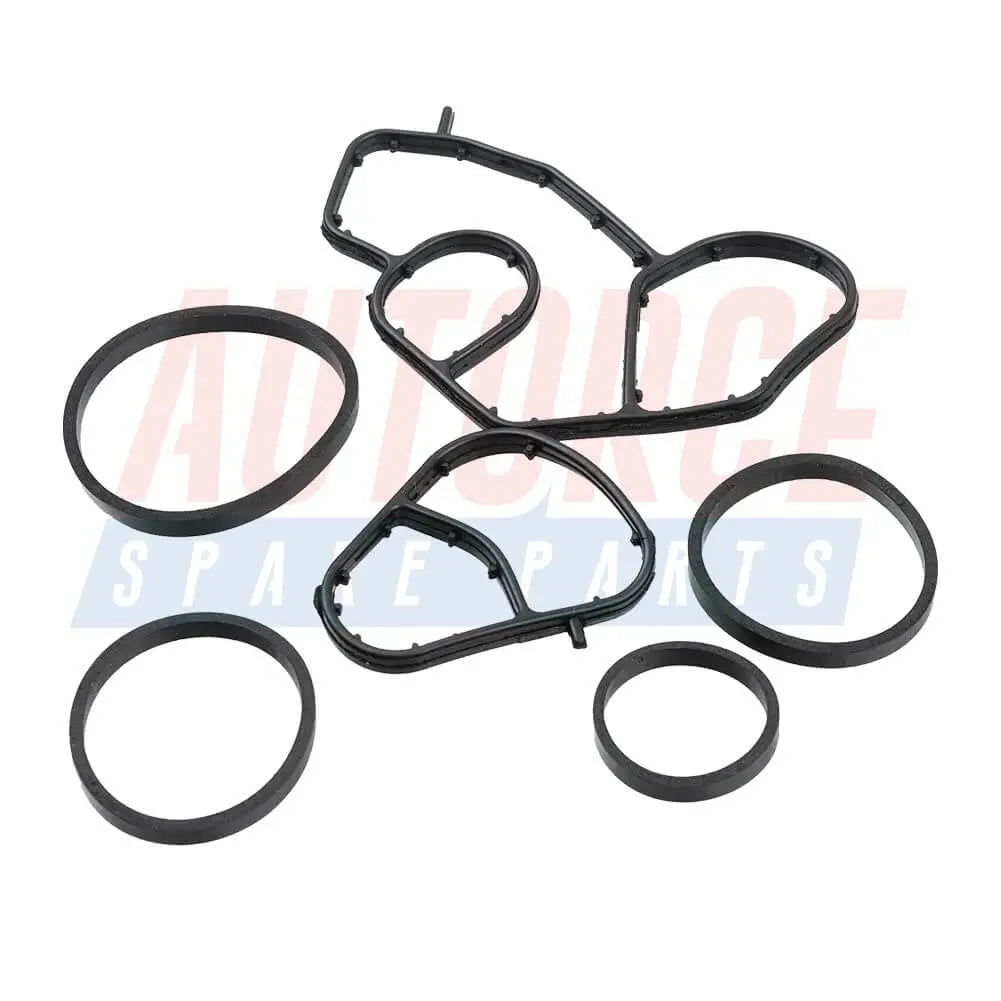
Oil Cooler Gasket O-Ring Set For Fiat Scudo For DS3 DS4 For Mazda 2 3 5 - 2S6Q6A728AA, Y65014300
In stock, 50 units
Sale price£12.90
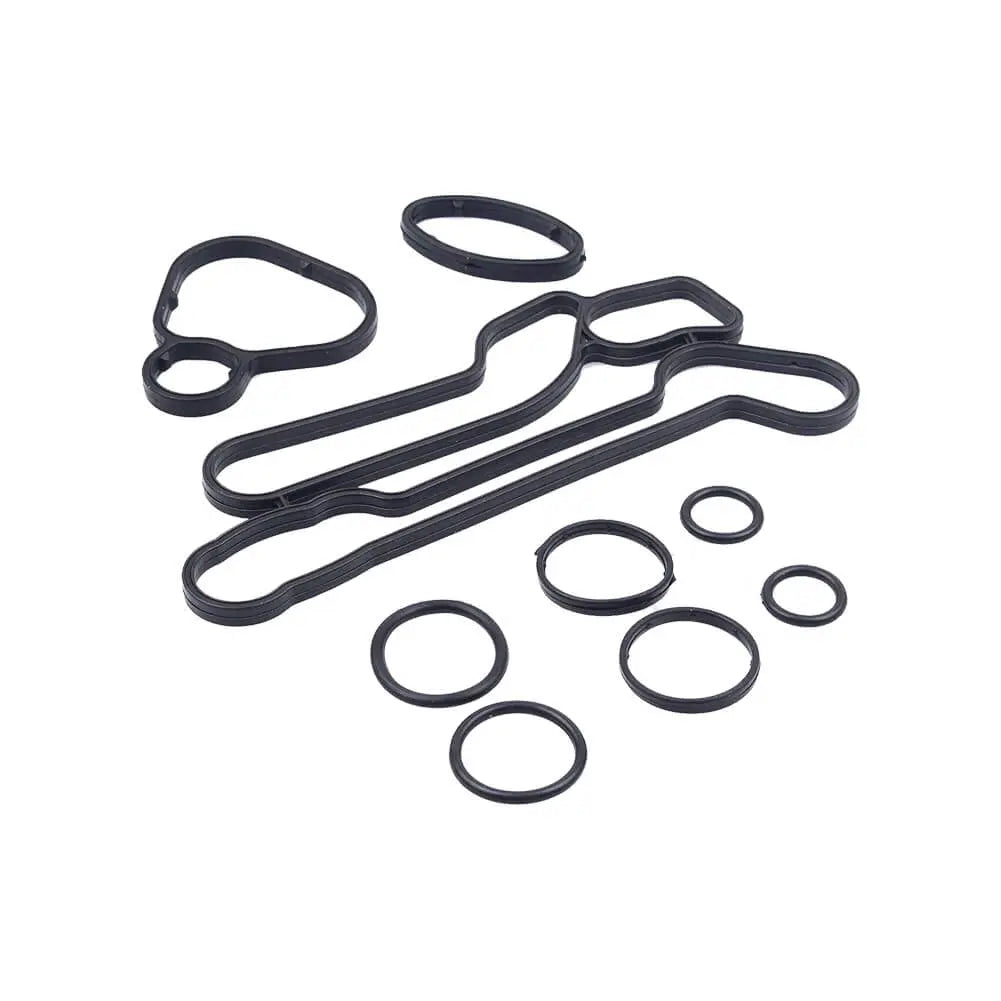

Oil Cooler Gaskets Set For Alfa Romeo 159 For Fiat 194 For Saab 9-5 - 55355603, 55355603S1
In stock, 50 units
Sale price£12.90
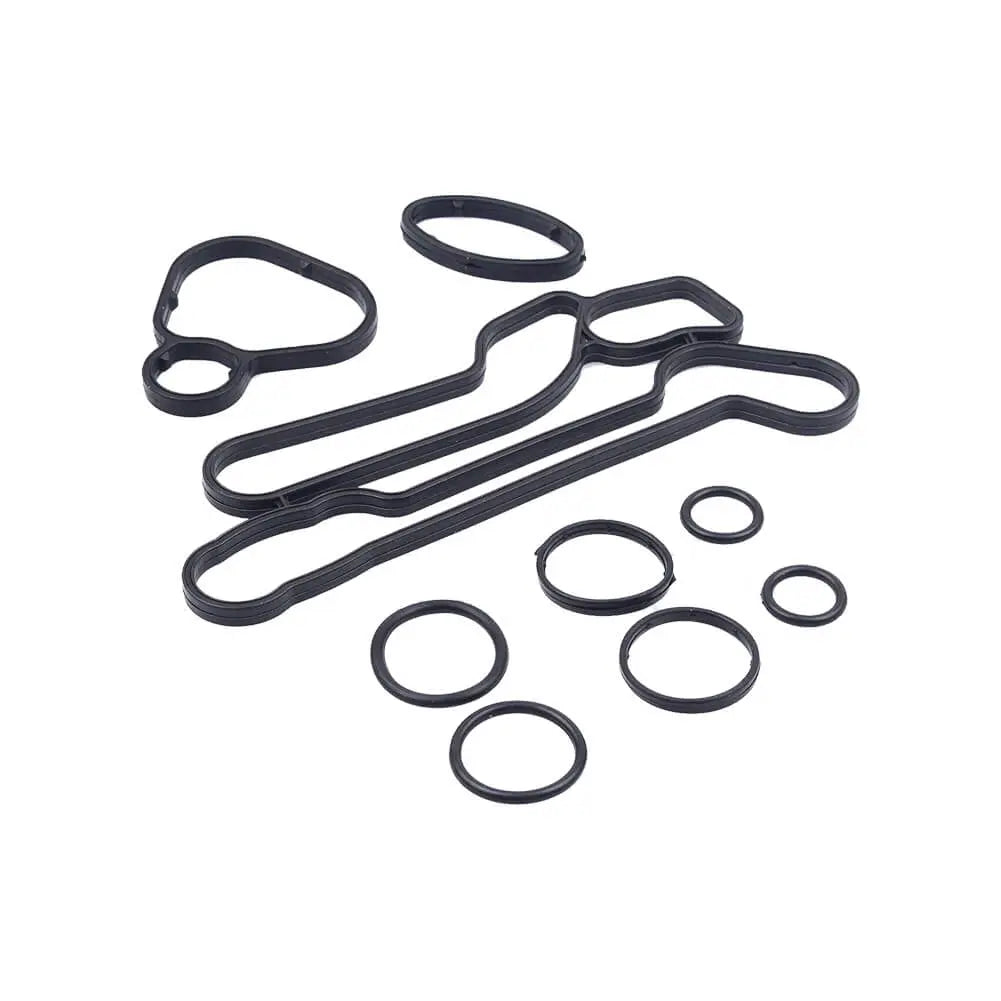
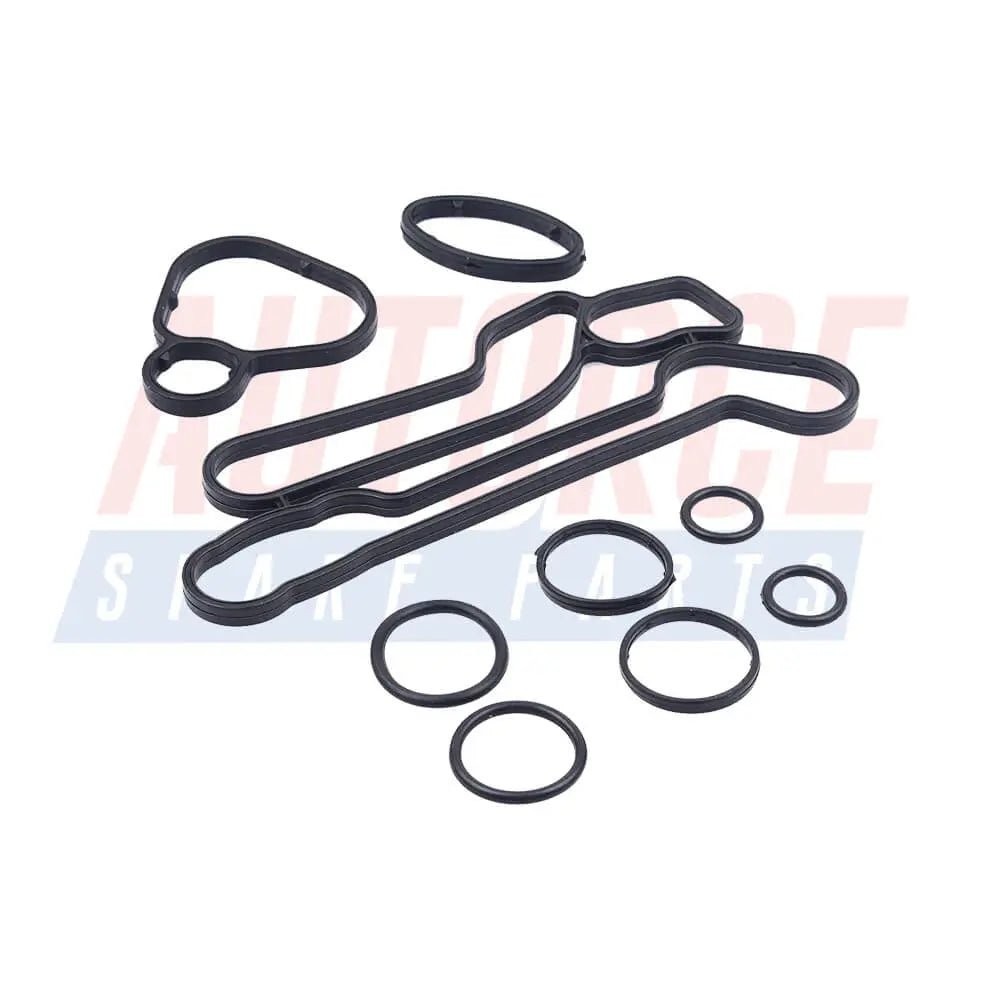
Oil Cooler Gaskets Set For Opel Astra Corsa Insignia Meriva Mokka Signum Vectra Zafira - 55355603
In stock, 50 units
Sale price£12.90
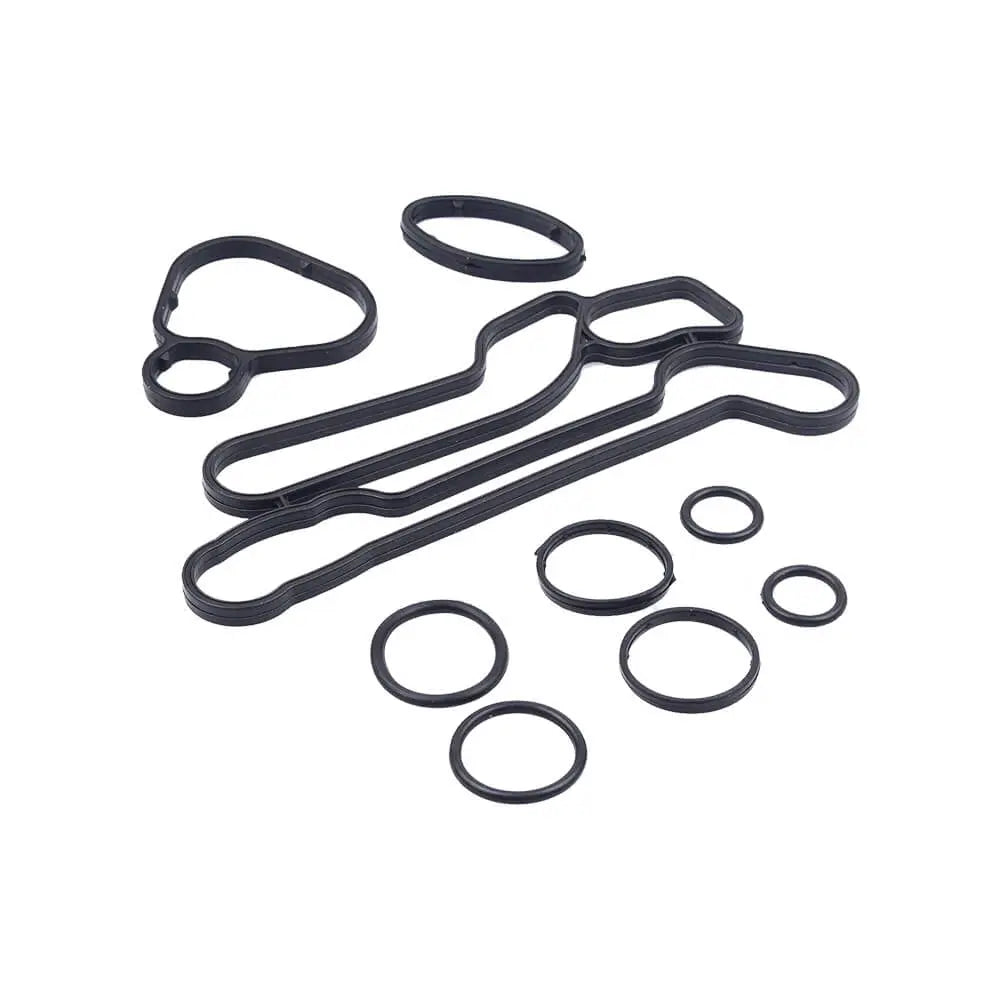
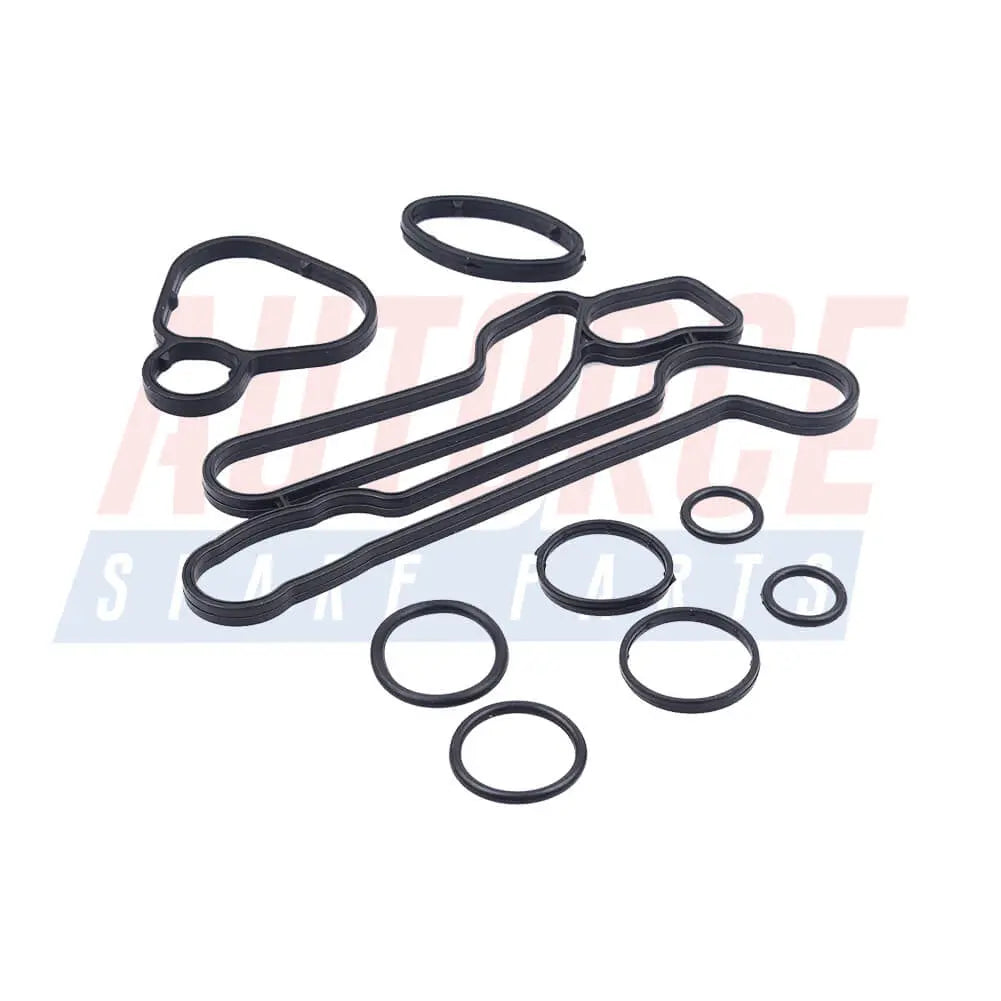
Oil Cooler Gaskets Set For Chevrolet Cruze Orlando Aveo Trax (2009 - Onwards) 55355603, 55355603S1
In stock, 50 units
Sale price£12.90
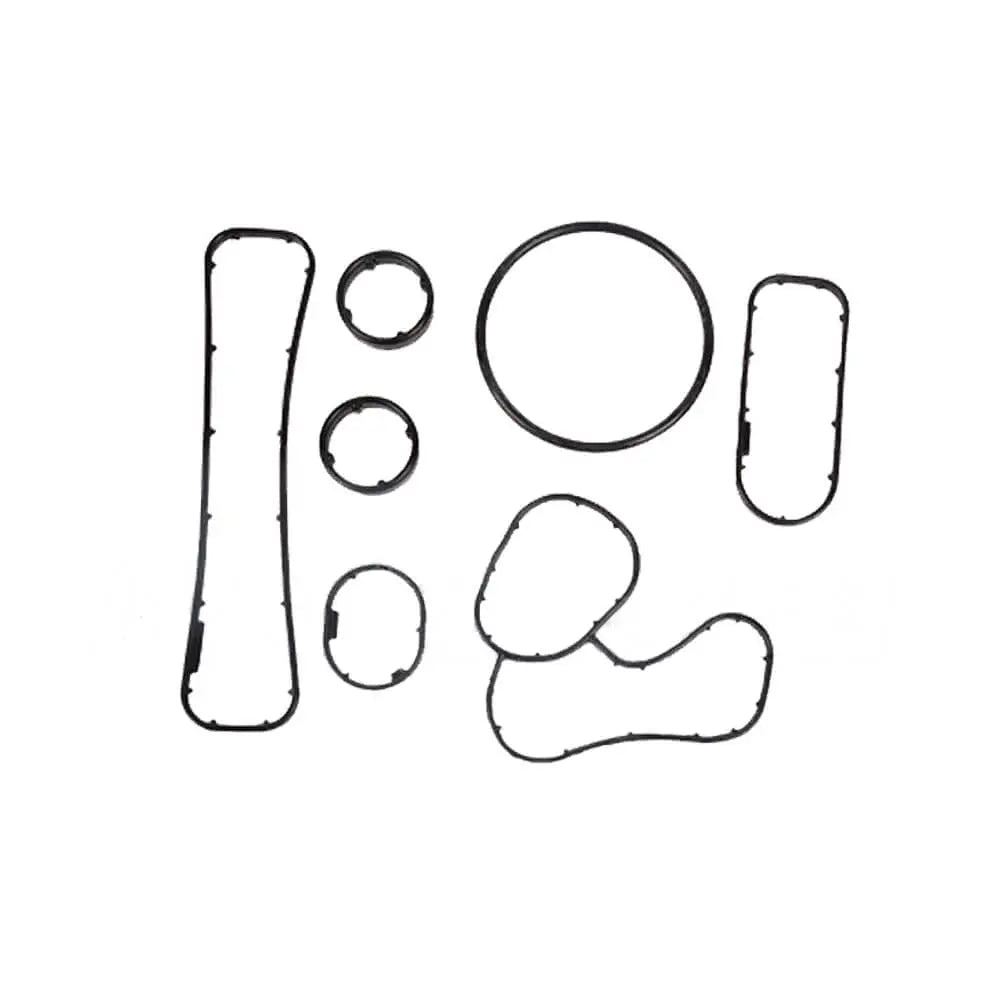
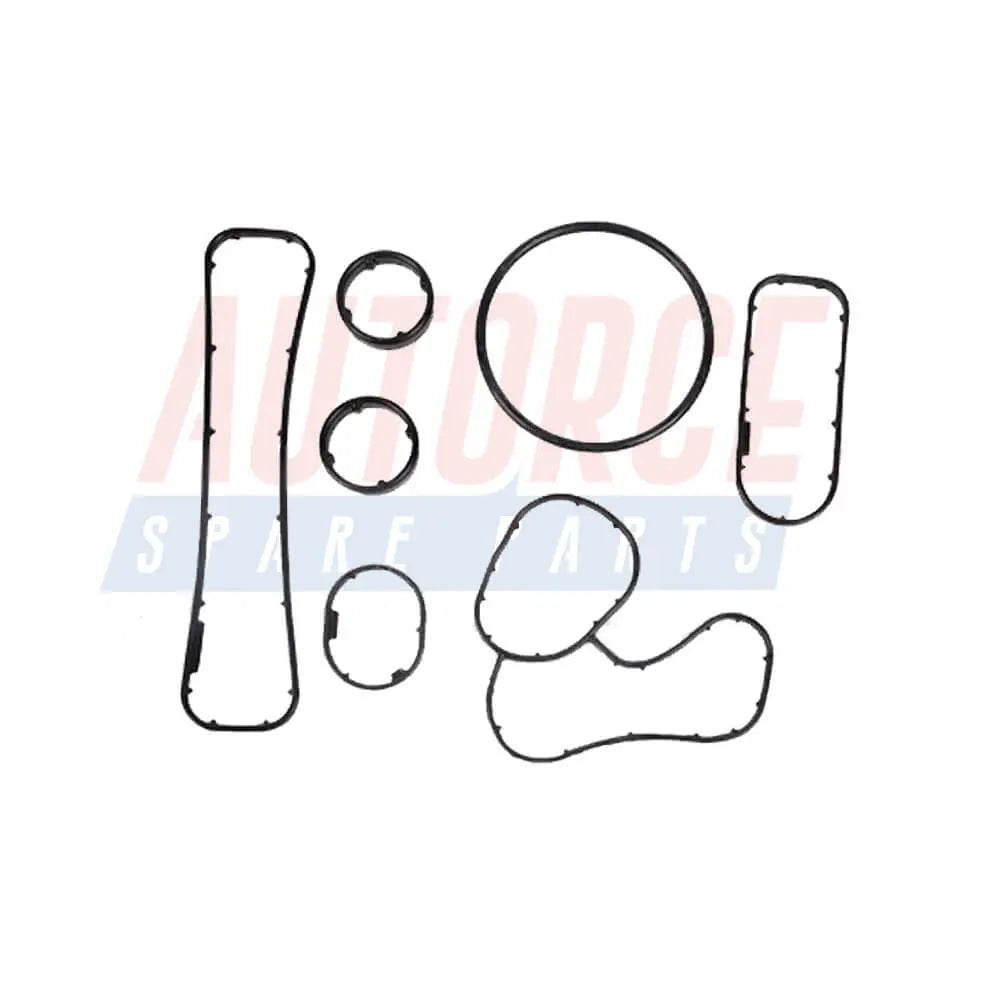
Oil Cooler Gasket Set For Vauxhall Movano B II Vivaro A (2014 - Onwards) 7701478541, 1513600Q0C
In stock, 50 units
Sale price£26.90
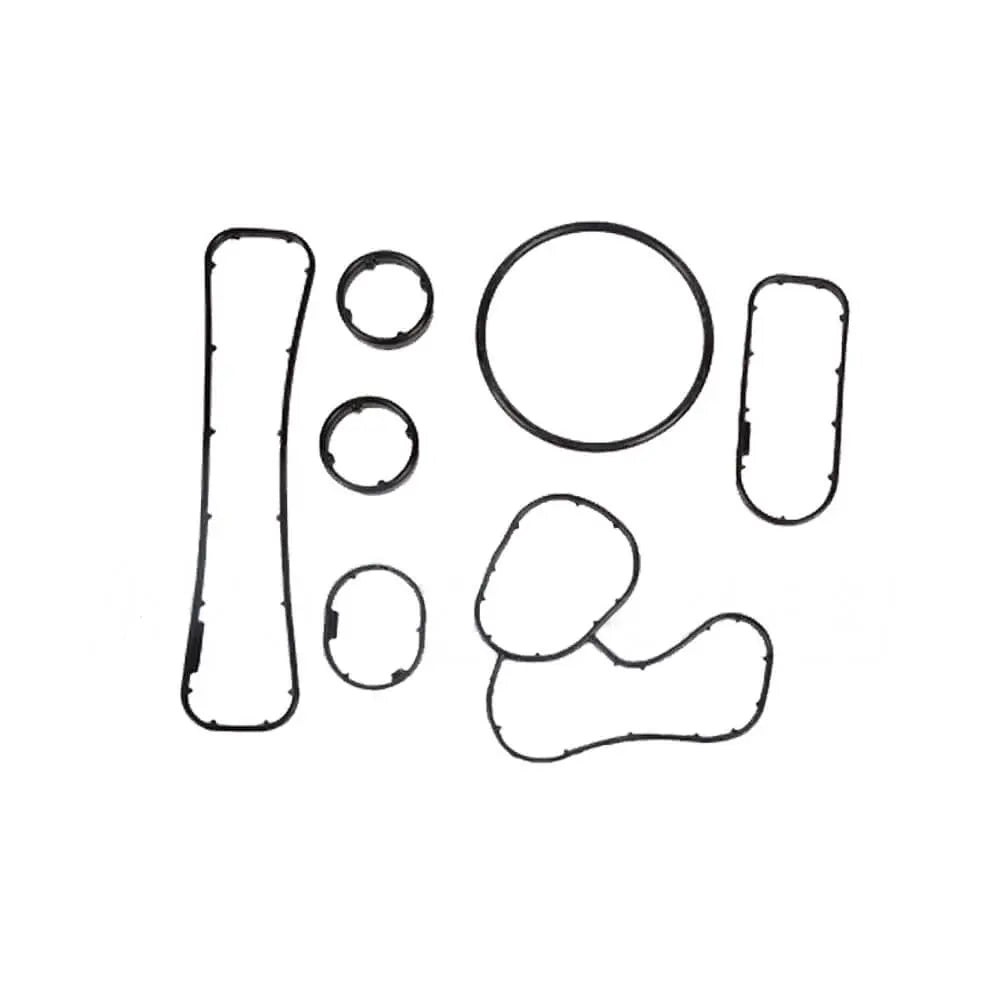
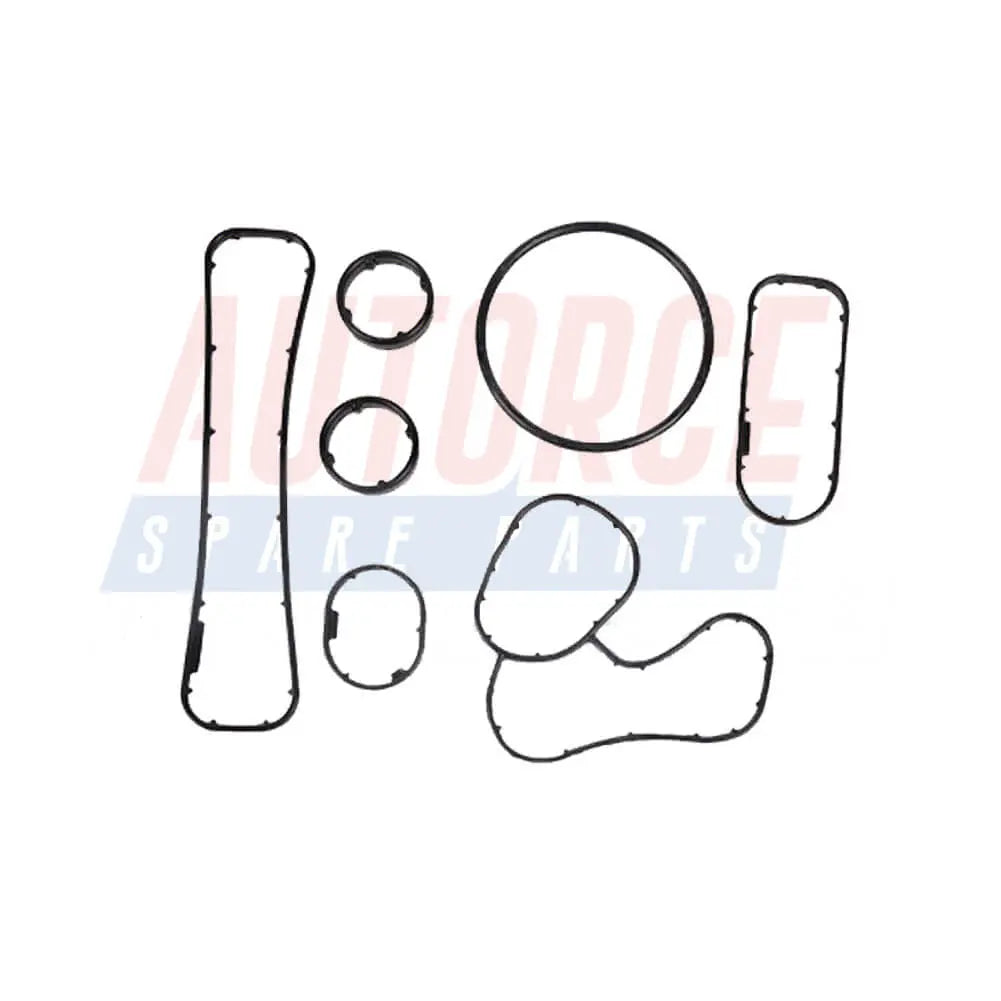
Oil Cooler Gasket Set For Opel Movano Vivaro (2006 - Onwards) 7701478541, 1513600Q0C
In stock, 50 units
Sale price£26.90
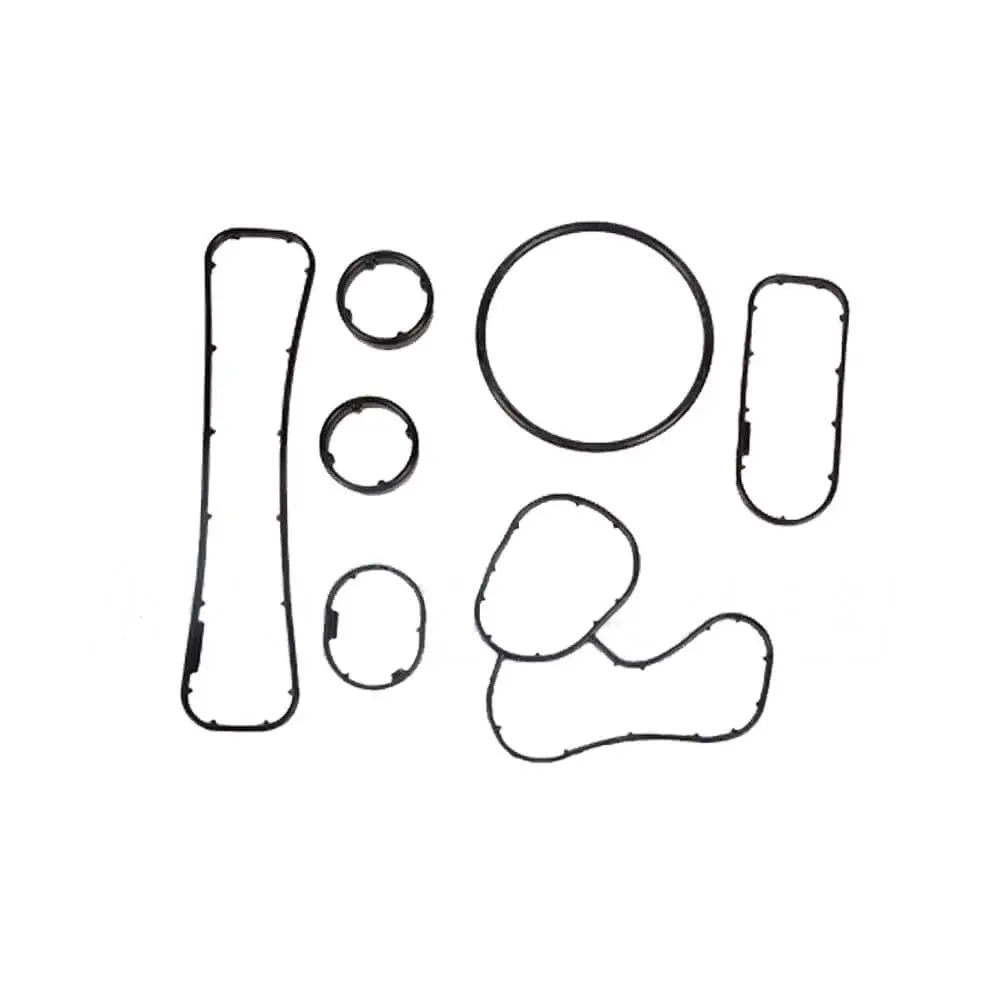
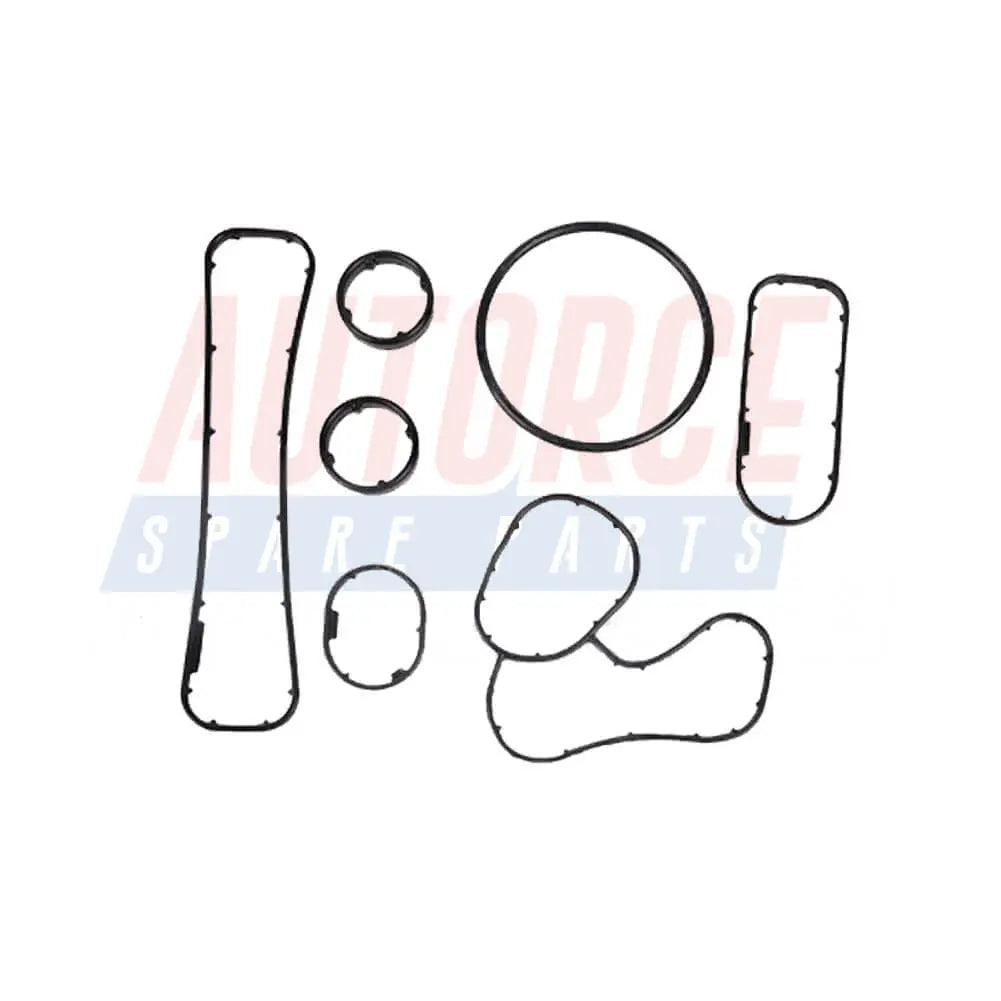
Oil Cooler Gasket Set For Renault Koles Master Trafıc (2006 - Onwards) 7701478541, 1513600Q0C
In stock, 50 units
Sale price£26.90
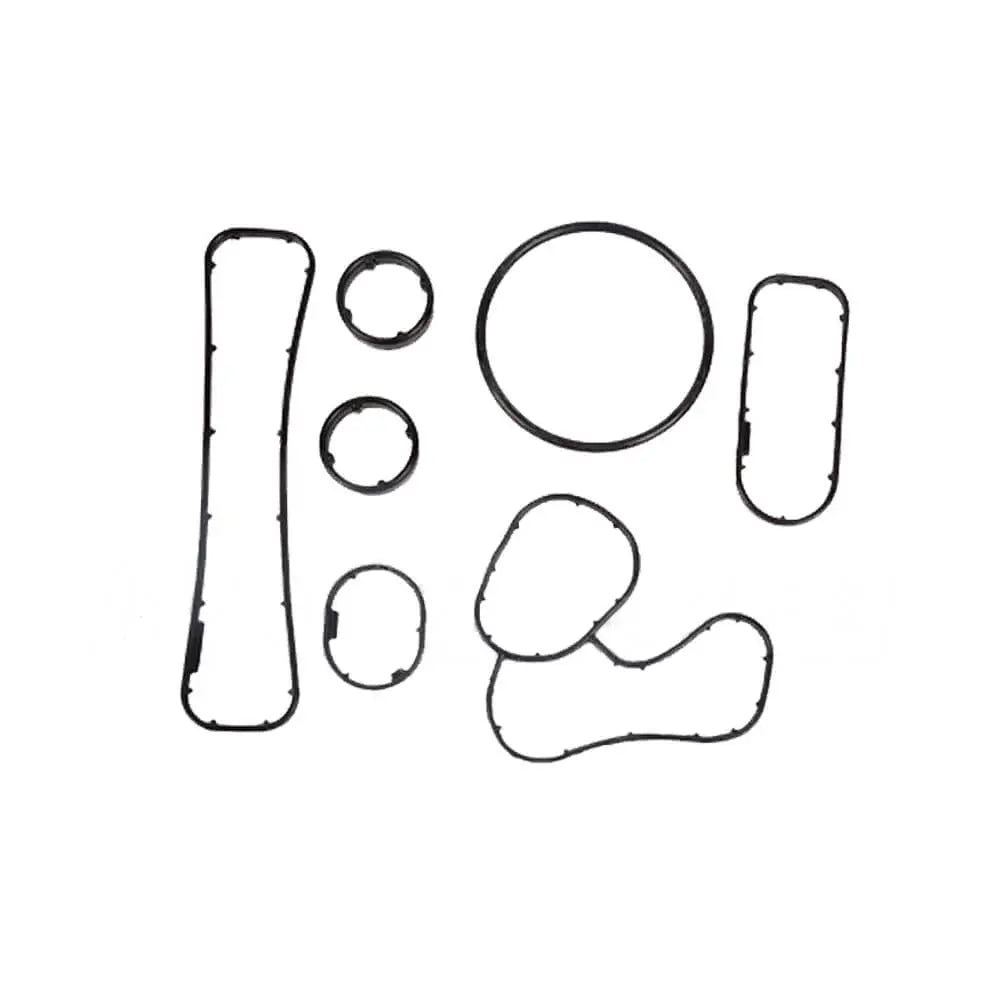
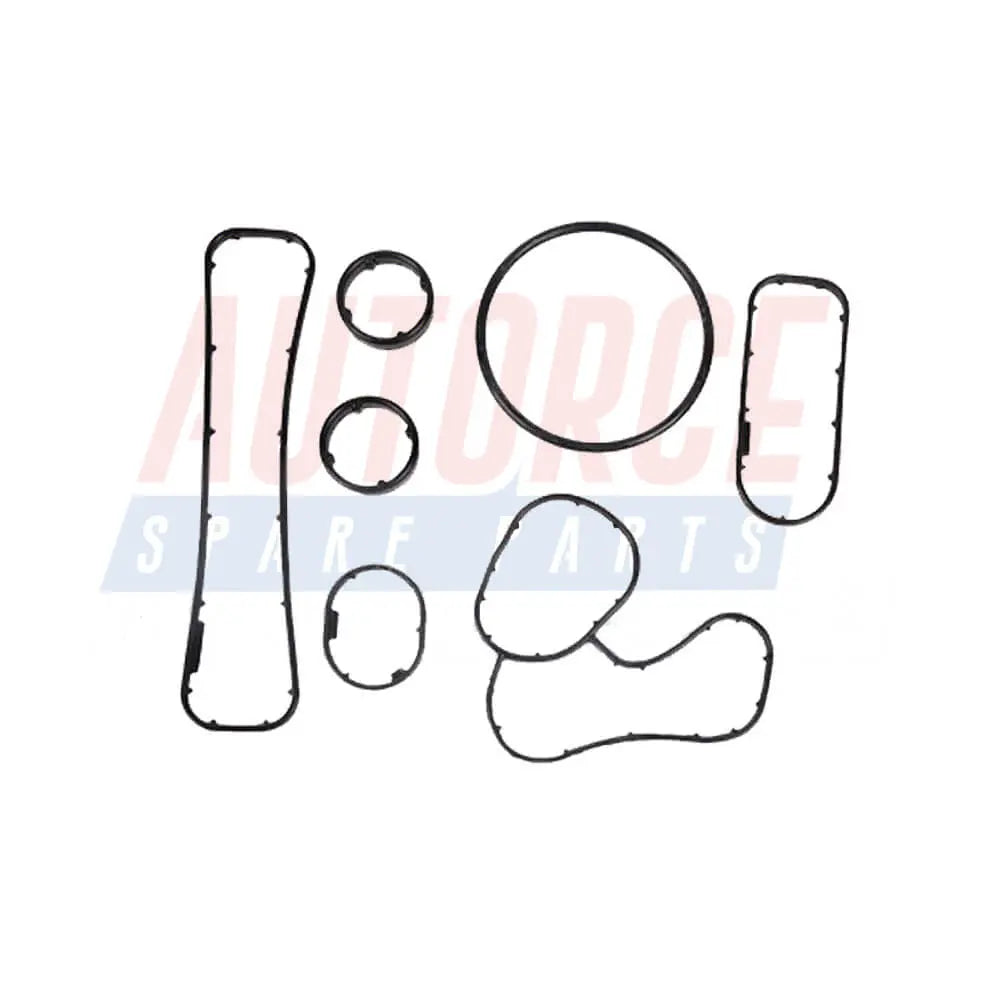
Oil Cooler Gasket Set For Nissan NV400 Primastar X-Trail III dCi (2006 - Onwards) 7701478541, 1513600Q0C
In stock, 50 units
Sale price£26.90
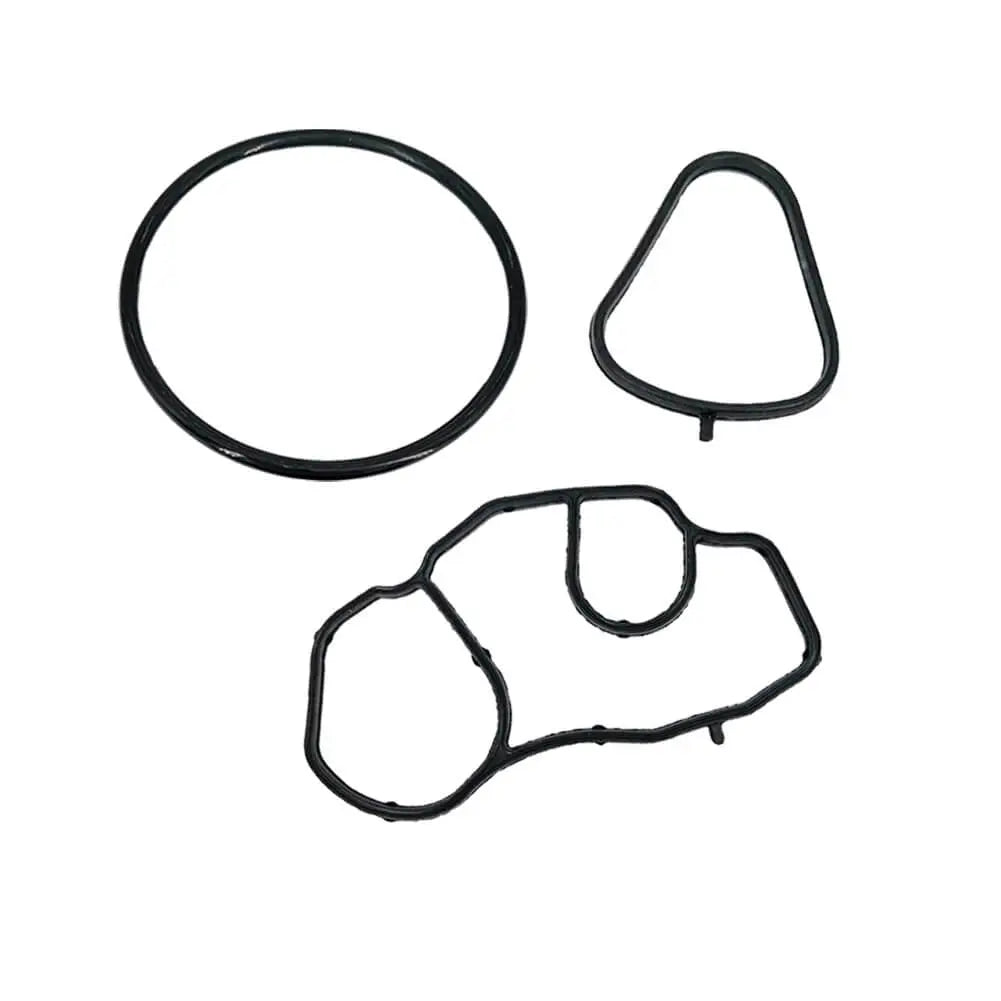
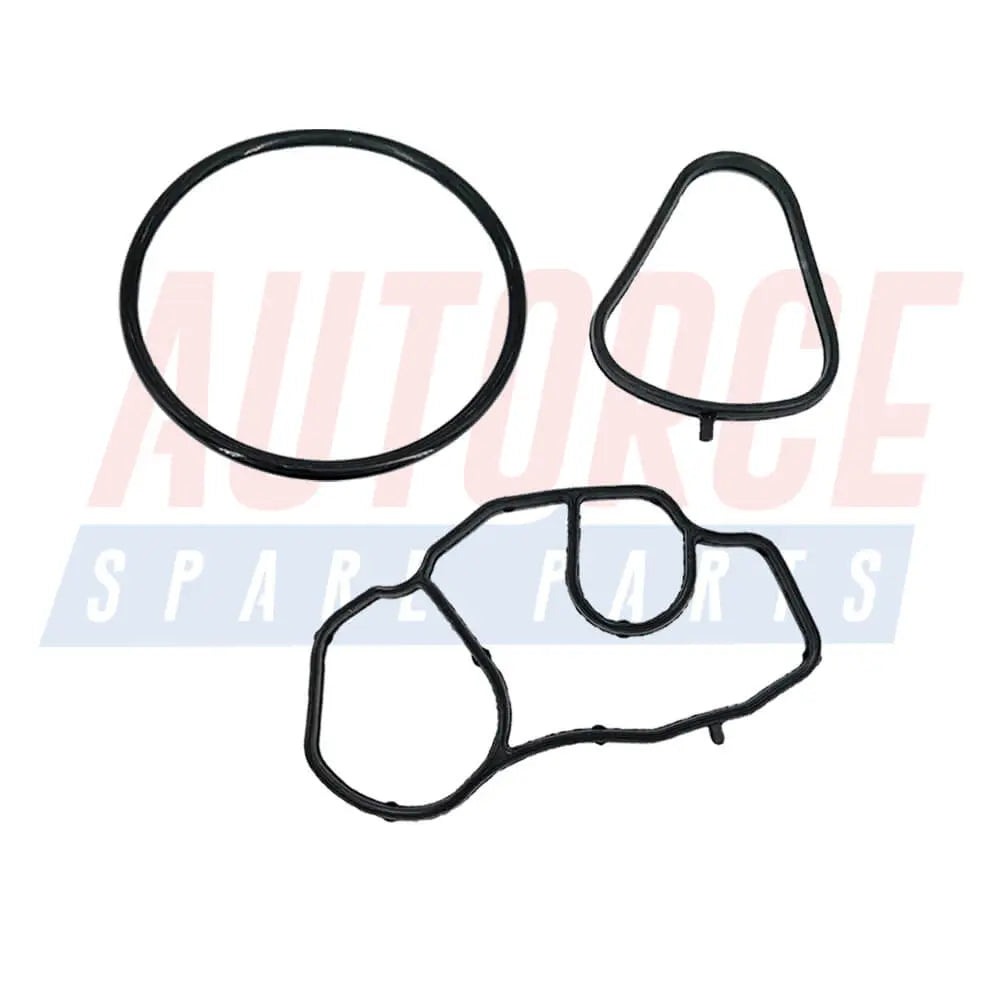
Oil Filter Housing Gaskets Set For DS DS3 DS4 DS5 - 1613571980, 1103.P9
In stock, 50 units
Sale price£9.90
Filters (0)

